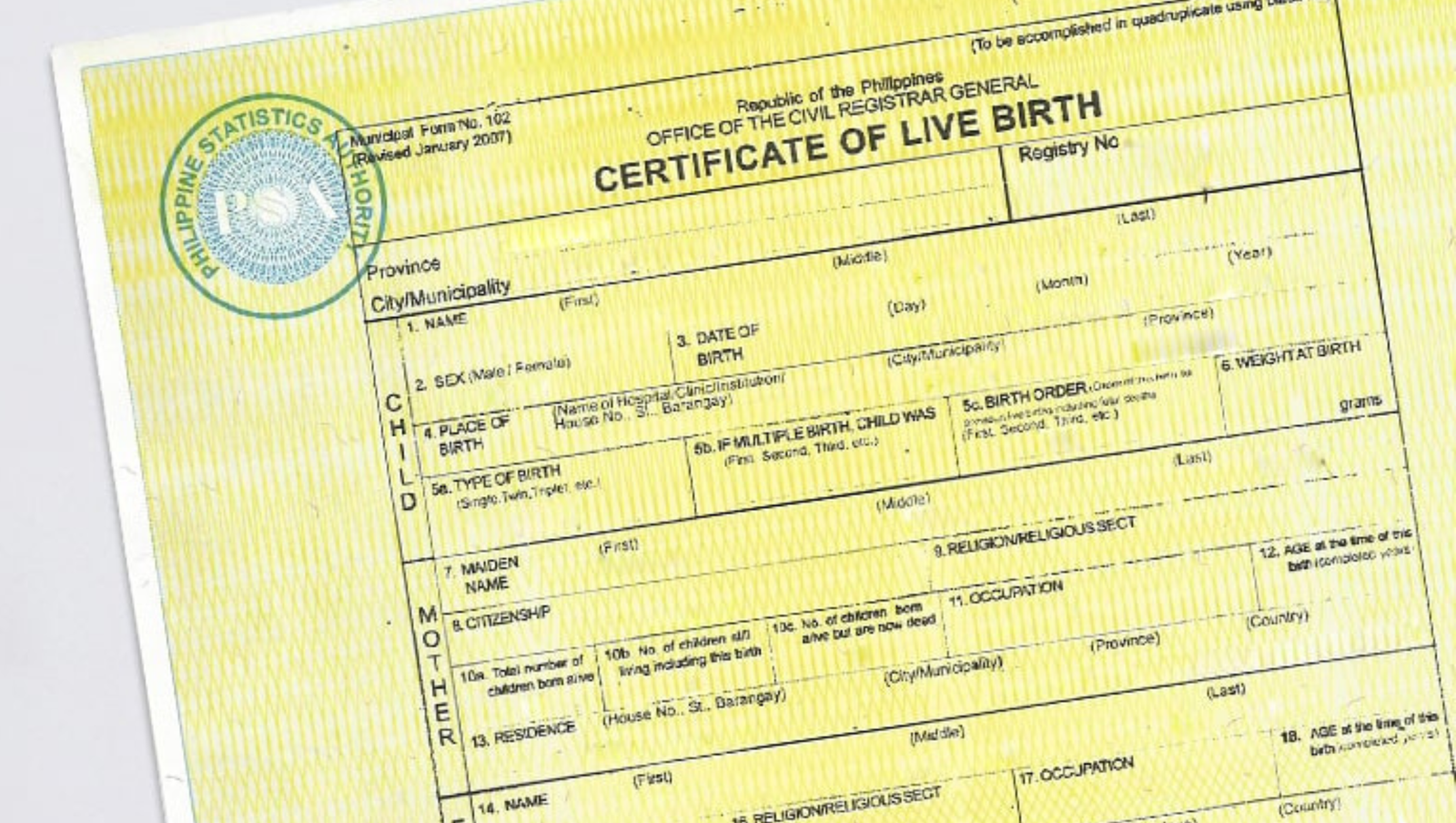Duran & Duran-Schulze Law specializes in immigration and citizenship law. With our expertise and knowledge, we can assist you throughout the process of acquiring your Philippine citizenship and ensure that your application complies with the Philippine law and regulations.
Citizenship in the Philippines
Citizenship is the status of being a citizen, or of owing allegiance to a state for the privilege of being under its protection. In the Philippines, there are two common modes of acquiring citizenship. It may either be by birth or by naturalization.
By Birth, natural-born citizens are citizens of the Philippines from birth without having to perform any act to acquire or perfect citizenship.
Take note: Foundlings, or those abandoned children with no known natural parents, are considered as natural-born citizens because they are not an excluded class under the Constitution. So long as there is a high probability that the foundling’s parents are Filipinos, that person will be considered natural-born (Poe-Llamanzares v. COMELEC, G.R. Nos. 221697-221700, March 8, 2016).
By Naturalization, the process of confirming a foreigner the citizenship of another country, by any of the means provided by law.
Take note: Naturalization is a mode for both retention and reacquisition of Philippine citizenship. As a mode of initially acquiring Philippine citizenship, naturalization is governed by Commonwealth Act No. 473, as amended.
Citizenship by Naturalization for Foreigners
Naturalization is a legal process through which an immigrant can become a citizen of a new country. In the Philippines, naturalization is one of the ways to acquire Philippine Citizenship. Foreign individuals would want to petition to become naturalized for some compelling benefits. One of which is the restrictions on foreign ownership of land or business in the country.
There are three (3) ways by which a foreigner or an alien may become a citizen of the Philippines by naturalization:
- Administrative Naturalization
- Judicial Naturalization
- Legislative Naturalization
Effect of Naturalization on Children
- Minor children who are born before naturalization, if born in the Philippines is considered a Filipino citizen; but if born outside the Philippines and is residing in the Philippines at the time of the parent’s naturalization, he/she is considered a Filipino citizen, but also if he/she is born outside the Philippines and is residing outside the country at the time of the parent’s naturalization, he/she is a Filipino citizen only during his minority unless he resides permanently in the Philippines when he/she is still a minor, in which case he will continue to be a Filipino citizen even after coming of age.
- Minor children who are born after naturalization, if born in the Philippines is a Filipino citizen; but if such minor child is born outside the Philippines, he/she shall be considered a Filipino citizen, unless within one (1) year after reaching the age of majority, he fails to register himself as a Filipino citizen in the Philippine Consulate of the country where he resides and to take the necessary oath of allegiance.
Duran & Duran-Schulze Law Can Help

Legal Advice
Our competent lawyers can provide accurate and reliable guidance to help mitigate delays and maximize your chances of success. In case issues arise during the process, we are here to assist you in resolving them.

Document Preparation
We can help you prepare and draft the requirements needed for naturalization. We also ensure that the documents are accurate and complete to avoid unnecessary delays or rejections.

Legal Representation
Our well-experienced lawyers can represent you in court hearing an interviews, ensuring that your interest is presented and rights are protected.














